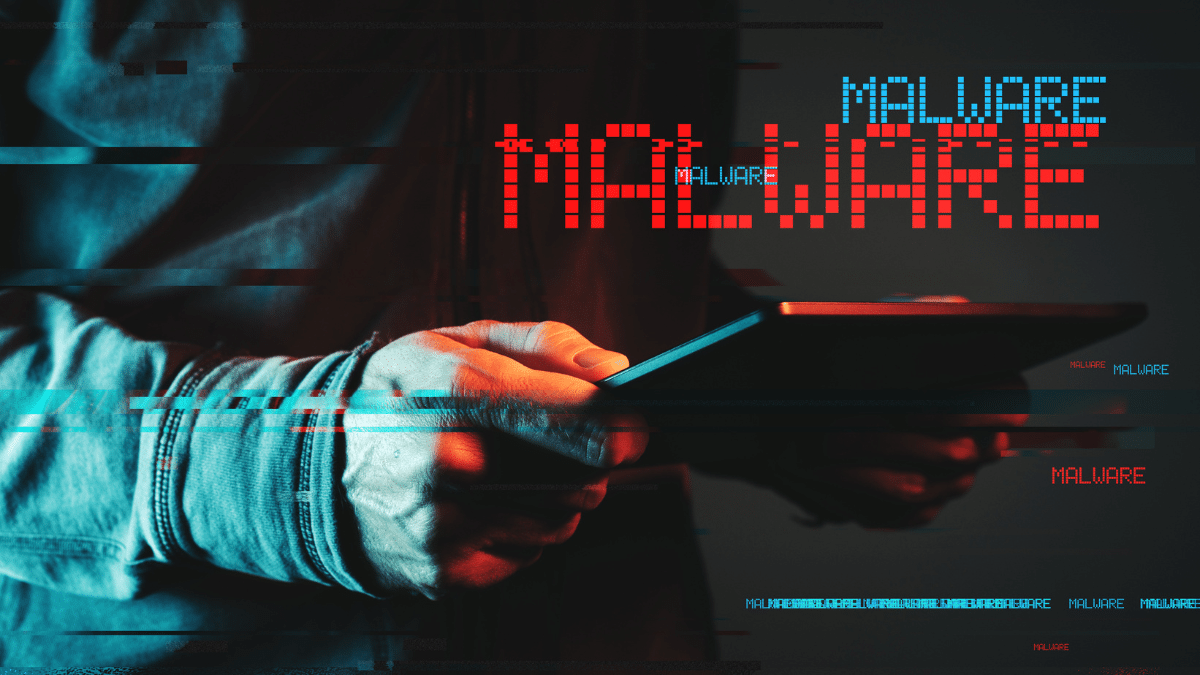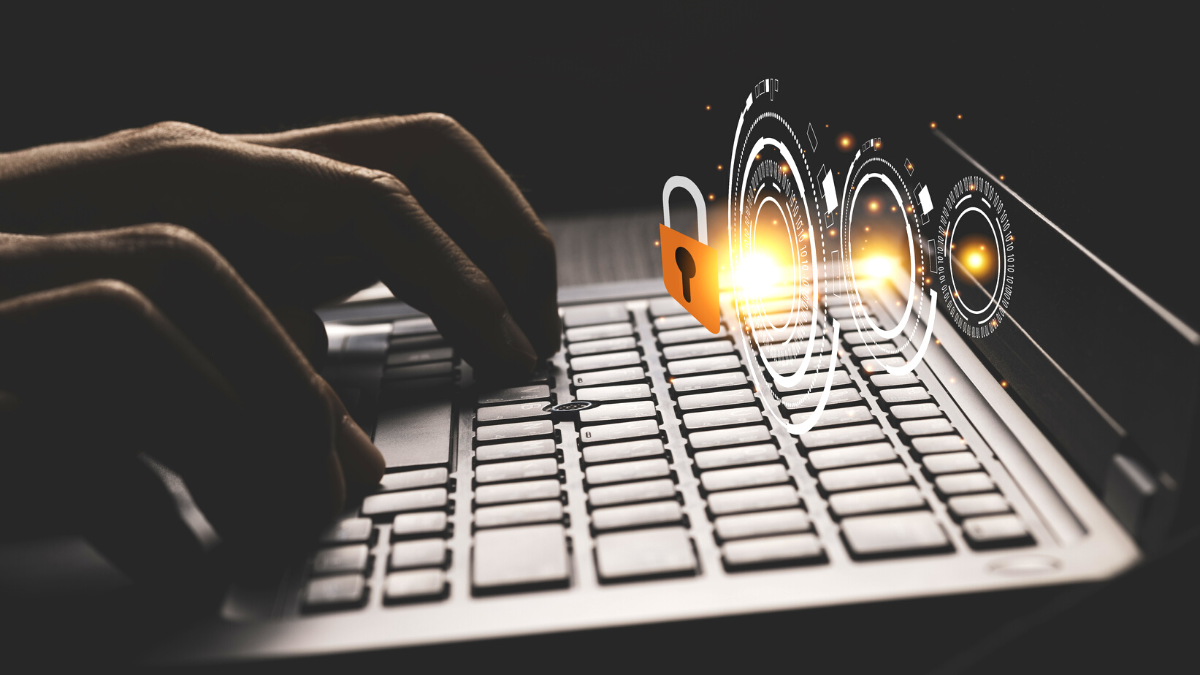👊 Protect your personal info: Ensure your online privacy and keep your sensitive data safe from hackers and identity thieves. I use and recommend ExpressVPN. Literally one click and you’re protected. Use my link to get three months free.
VPNs: How they work and how to choose the best one for you

I’m sure you’ve heard me mention VPNs before on my show. With hackers, thieves and scammers constantly out in full force, ready to steal your money, now’s the time to get on board.
VPN is short for virtual private network. What this means is when doing your banking online, hackers can’t step in the middle and steal your account information and drain your money. A VPN also stops your internet provider from tracking you and lets you unblock websites and bypass filters. You need it on your computer, laptop, tablet and phone.
I know you’re frugal like me. There are a lot of free things in tech. Most of the time, huge gotchas go along with free tech, so you have to know that you shouldn’t ever want to use a free VPN.
Here’s the dirty secret those other companies do not want you to know
Usually, a free VPN will sell your data and collect everything, and I mean everything, that you do when you’re using it. A free VPN will slow down your connection while collecting all your data. It’s free for a reason. You are paying with your data, and boom, it begins. You start getting more spam, targeted ads and maybe robocalls.
You need a VPN that doesn’t track you or collect your data. First, I’m going to tell you how a VPN works. If you want to skip all that below, you can get the VPN I use right now. Tap or click here and get three extra months free with a 12-month ExpressVPN plan.
How VPNs work
Here’s a geeky definition. A VPN is a layer of protection between your devices and the internet. It hides your IP address and your location. It also encrypts your data after leaving your device and traveling to whatever website you’re visiting.
Most importantly, a VPN provides a layer of security. Look at the picture below:
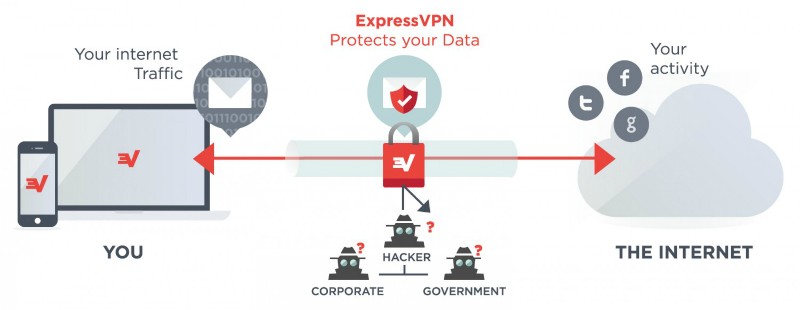
Whether it’s a computer, smartphone or tablet, it connects to the web through an internet service provider. Those servers send you information and they pick up information about you, your IP address, location, device and more.
A VPN blocks the two-way exchange of information. The IP address and location data come from the VPN host’s server, so the servers on the other end learn nothing about you or your data. Hackers, scammers and thieves won’t be able to access your data, travel or money.
Your worth on the Dark Web
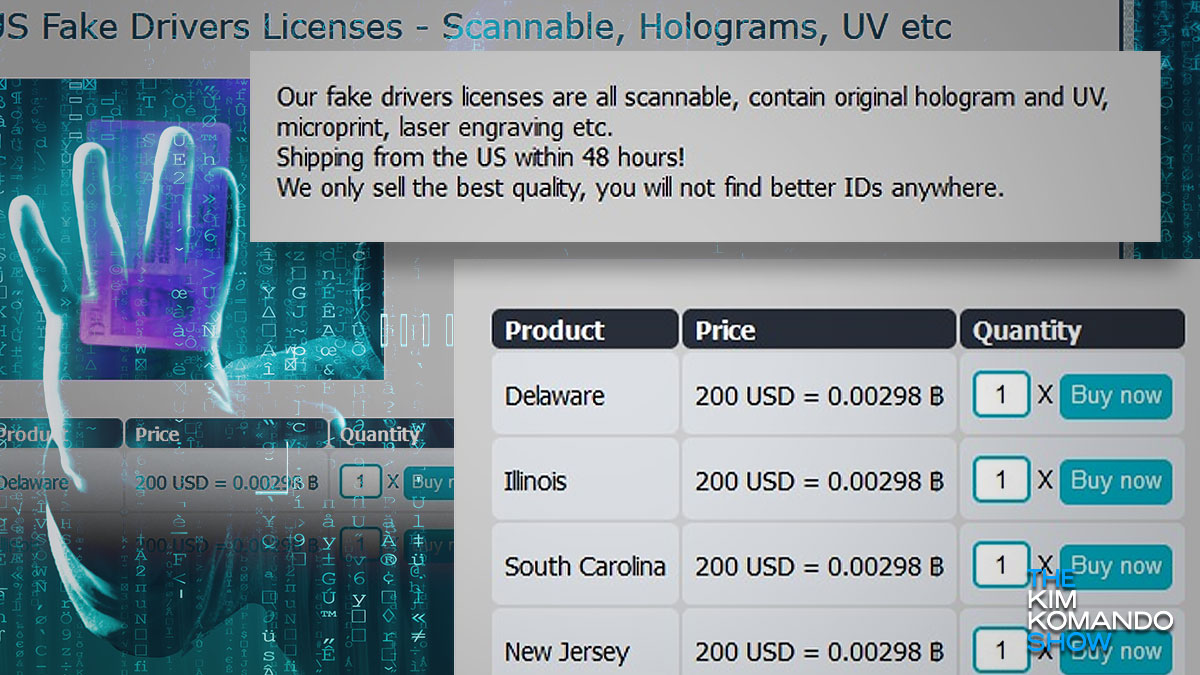
Here’s a shocker for you: With as little as $1,000, a cyber creep can go to the Dark Web and buy your entire identity. That means they get your Social Security number, bank account info and anything else they need to pose as you — or someone you love — online.
3 reasons you shouldn't go another day without antivirus software
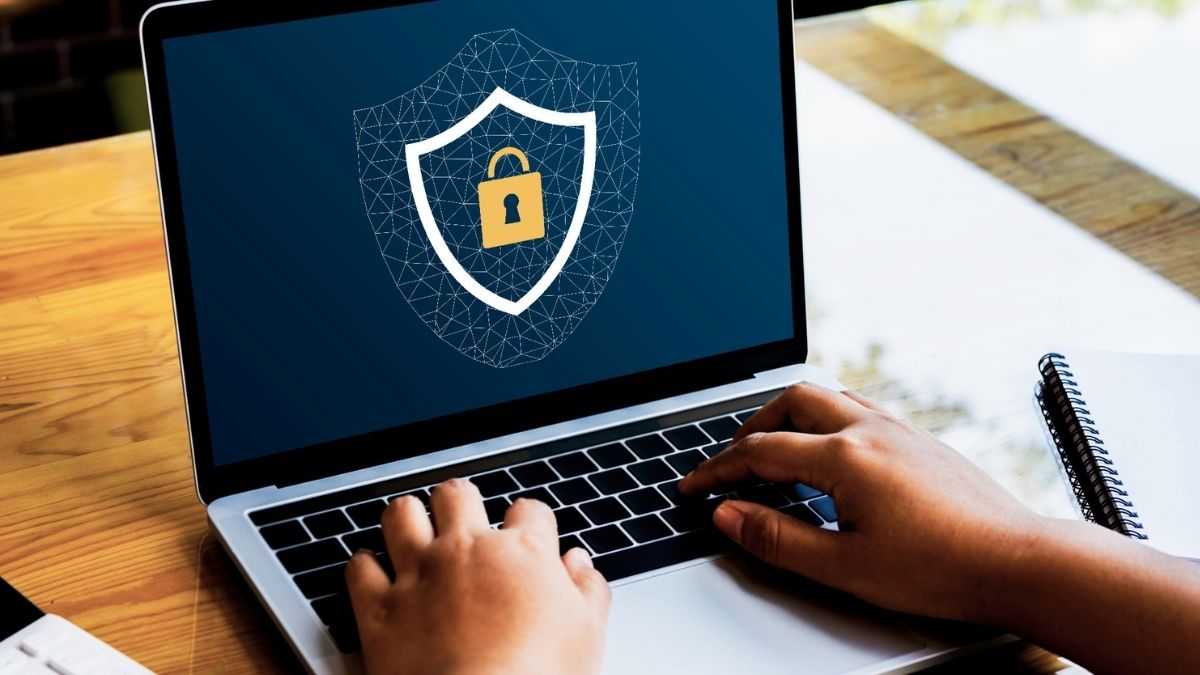
If you don’t have antivirus software, you’re putting every internet-connected gadget you own at risk. Something as simple as an unchanged router password can be an entry point for an invader to shut down your phone or even taunt your children through a security camera or smart speaker.
Using free antivirus? Beware of companies that sell your data or even plant malware

Saving money can be easy. Simple things like eating dinner at home more often than going to your favorite restaurant or skipping that daily $6 latte can really add up. You’ll have your next vacation paid for in no time.
Do you need antivirus software? Yes! Check out Kim's pick
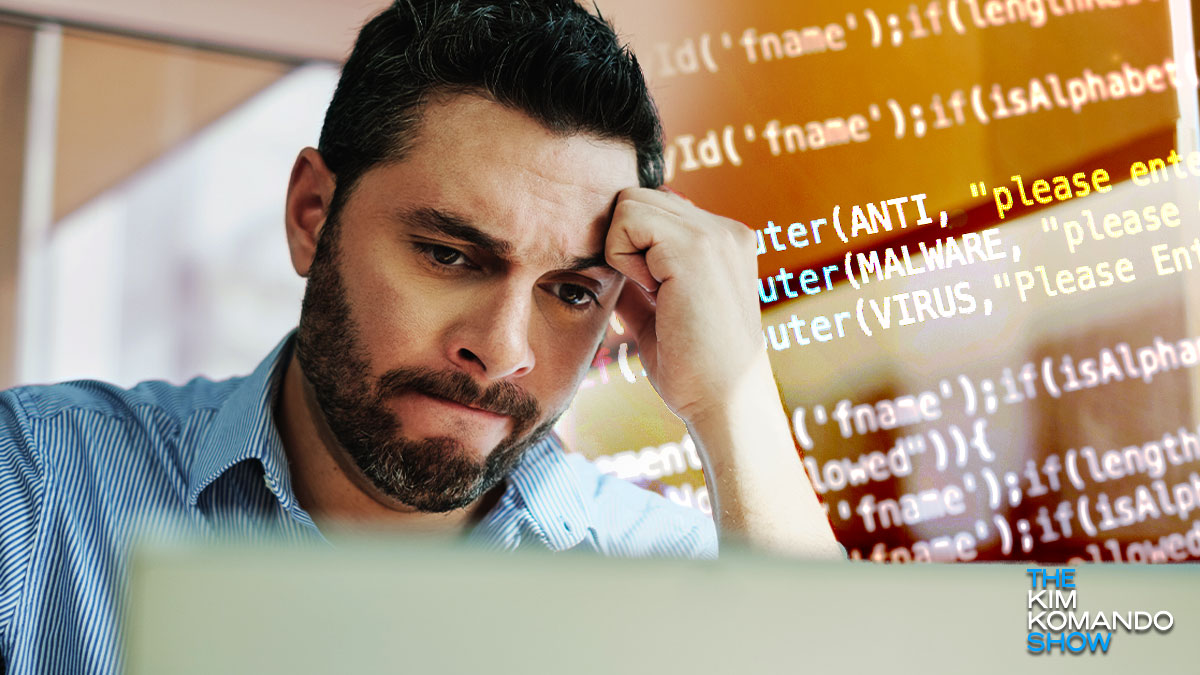
With all the cybercriminals and digital threats, you shouldn’t pinch pennies when protecting your devices. Using free antivirus software can actually put you at risk. You need smarter, more robust tools to combat increasingly sophisticated hackers and scammers.
Pro tip: How to securely share passwords
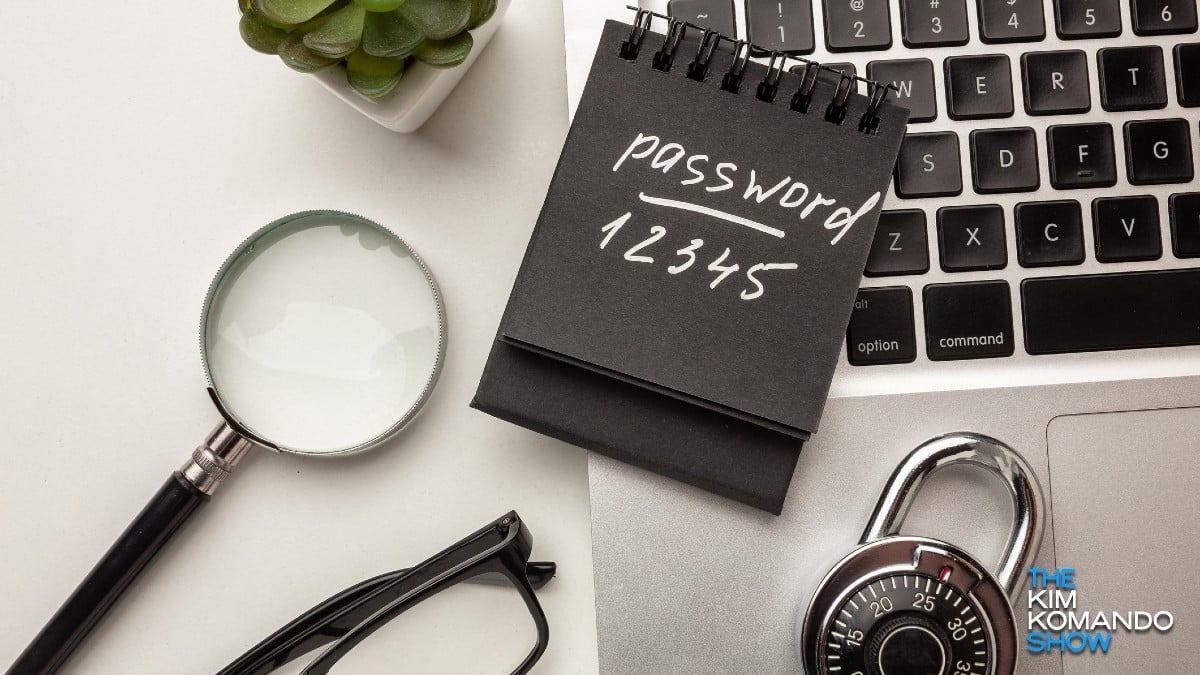
Any regular visitor to Komando.com knows never to share passwords. While that’s true in general, password sharing is sometimes necessary. You have to be careful and do it the right way.
Essentially, it all comes down to using the right password manager. Keep reading for more details.
5 steps to make sure hackers cannot access your home network and files
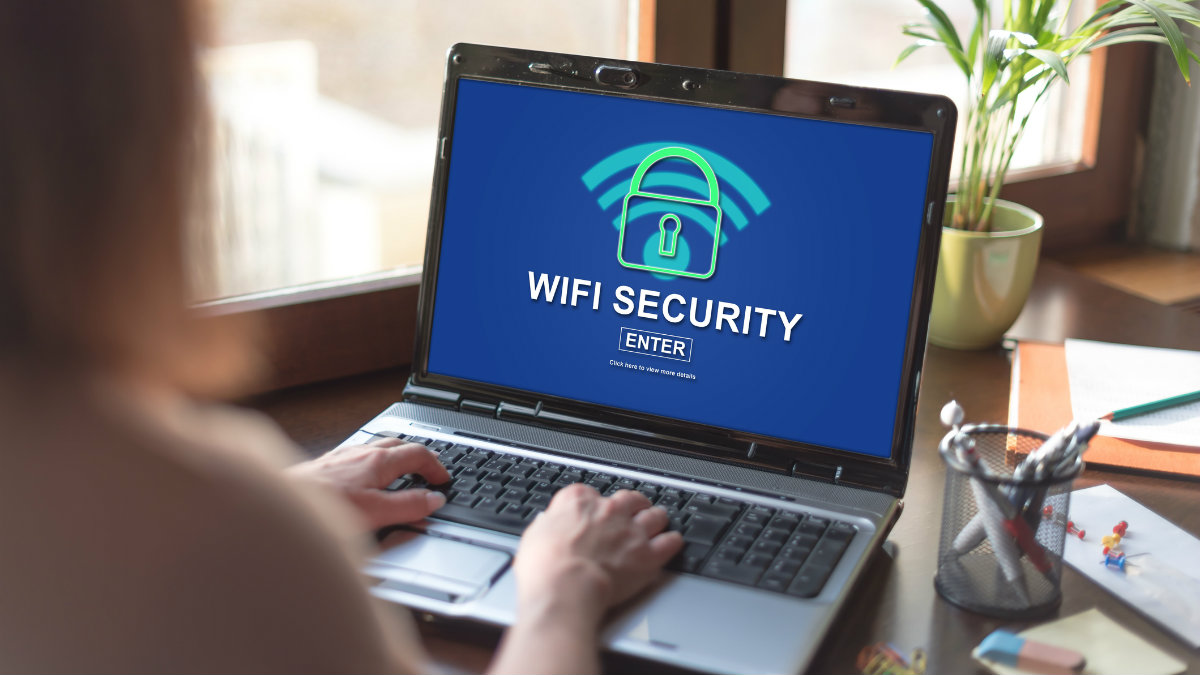
Hackers may have already compromised your network. Tap or click here for a free test to see if your router has been hacked. Keep reading for ways to protect your system from hackers.
This tip is brought to you by our sponsor, ExpressVPN. Protect your privacy. Get three months free when you sign up for one year at ExpressVPN.com/Kim.
You're being recorded in public
You can’t prevent people from recording you, but you can stay aware of your surroundings to identify potential cameras.
Magic AI Teleprompter
Some would say this is cheating, others would consider it “bluffing.” Where do you stand? Credit: TikTok – finalroundai
Cybersecurity tip brought to you by TotalAV
For antivirus software, I trust and recommend TotalAV. Go to protectwithkim.com for more information.
Scareware 101: How to spot this dangerous cyberattack and protect yourself
Spam is unavoidable: It clutters your phone call history and chokes your email inbox. Like spam, scareware is another annoyance that seems to go hand-in-hand with internet access. It’s why you should never click pop-ups that say your system is at risk.
Use this home security camera buying guide to be safer at home
Here’s a conundrum: Your security camera could expose you to data breaches. Last year, a security researcher found that Eufy cameras uploaded private images to the cloud.
Anker recently admitted to storing images and video feeds in the cloud without users’ knowledge. This popular security cam manufacturer recently didn’t even encrypt the private content. That means anyone could have seen your personal images through your Anker devices.
3 tricks to see if your passwords are being sold on the Dark Web
Hackers can make a ton of money by selling your private information on underground forums. It’s possible that your passwords are being sold on the Dark Web right now. That’s why you should run a cybersecurity check now and then.
Signs your phone or computer is infected with a virus or keylogger
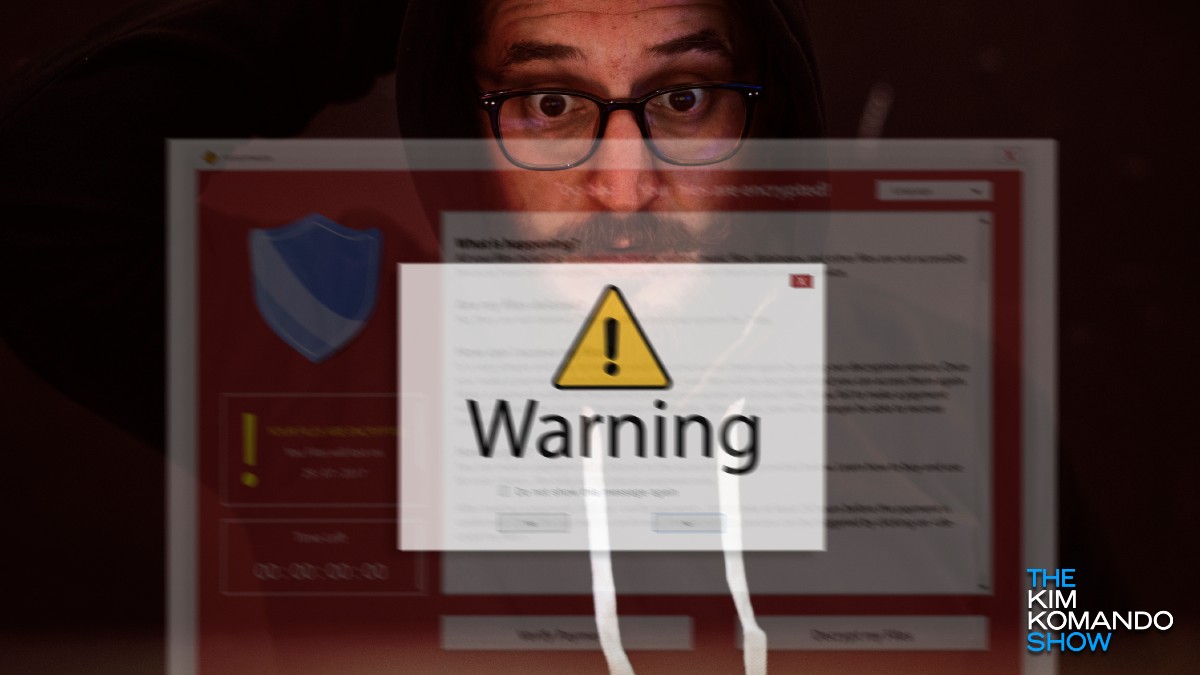
No matter your device, a hacker with enough gumption and know-how can break in.
Here are surefire ways to know if your system has been hacked and what you can do to fix or prevent it, brought to you by sponsor TotalAV. Your best defense against viruses, keyloggers and other malware? A solid security suite.
Use this site to check your network for unauthorized devices

You keep your device’s operating systems updated. You’re using internet security software. You’re pretty savvy about not falling for online scams.
Even so, malware and cybercriminals can still get through. Run this free check to see if your router has been hacked by criminals.
Firewall vs. antivirus: What's the difference and do you need both?

When it comes to protecting yourself online, there’s a lot of confusion. Between VPNs, two-factor authentication, antivirus software and firewalls, there are so many ways to protect yourself that it can be hard to track them all.
Does a VPN slow down your connection? Answers to 6 common VPN questions
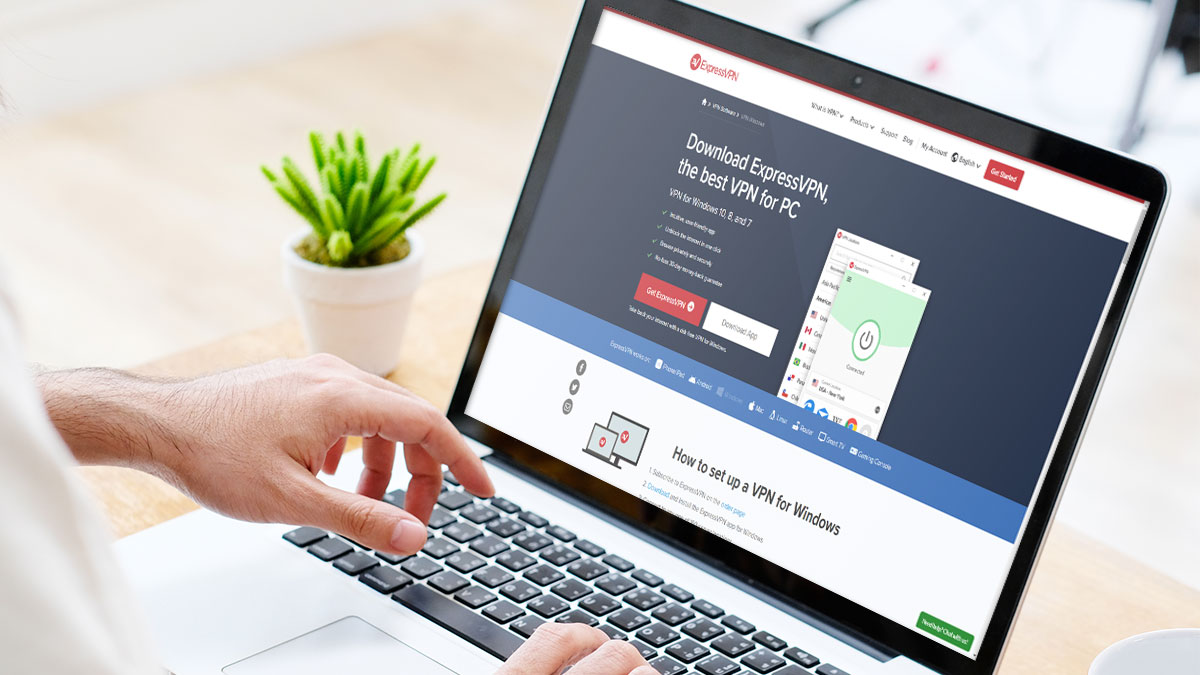
Let’s face it, the internet can be a scary and unpredictable place when it comes to maintaining your privacy and security. You never know who may be keeping virtual tabs on you.
Whether it’s a hacker or scammer out to get your personal info, a government agency or even your creepy neighbor, you need to secure your web browsing.
Tech security tip: How to remove malware from your phone or computer

Anyone who regularly browses the internet needs antivirus software. Think of it as a life jacket. It’s there to keep you safe in case of an emergency.
And when malware strikes at your defenses, it’s code red. You’re afraid that you’ll lose everything, your emotions are high and you might not be in the right state of mind to find a good solution. That’s why preventative measures make a world of difference.
